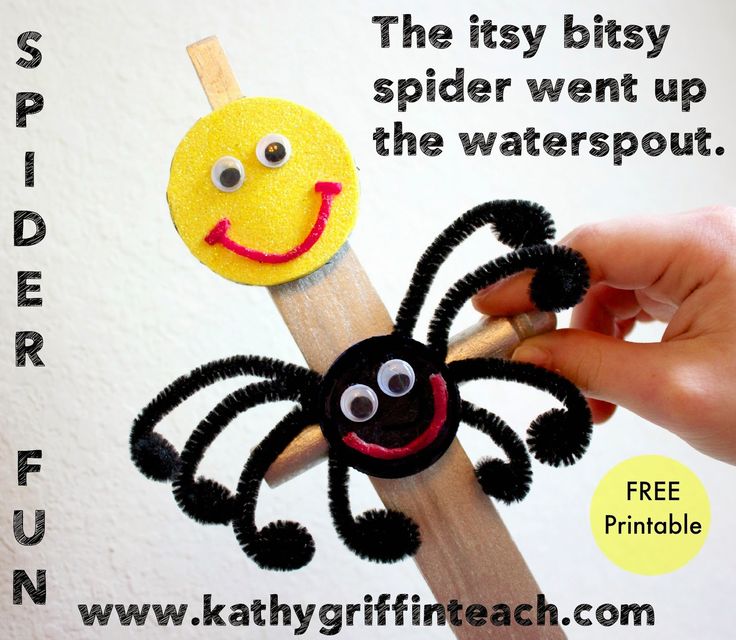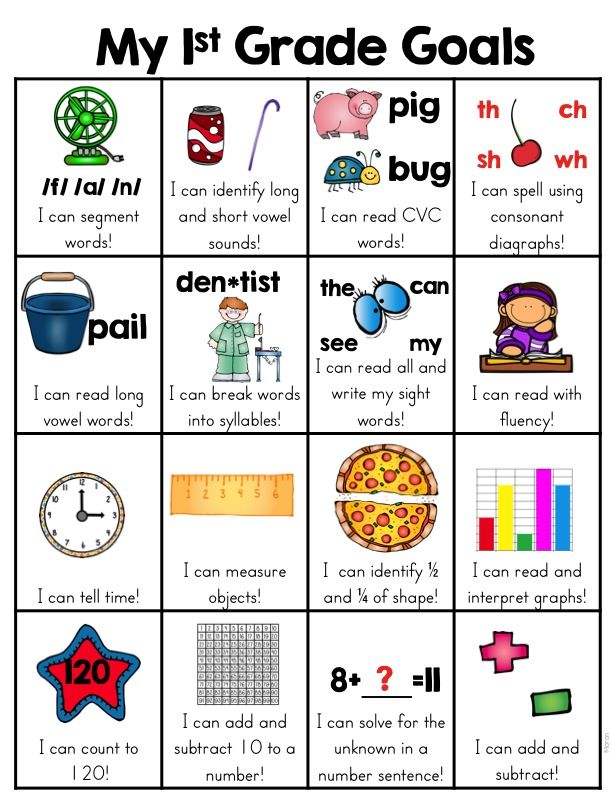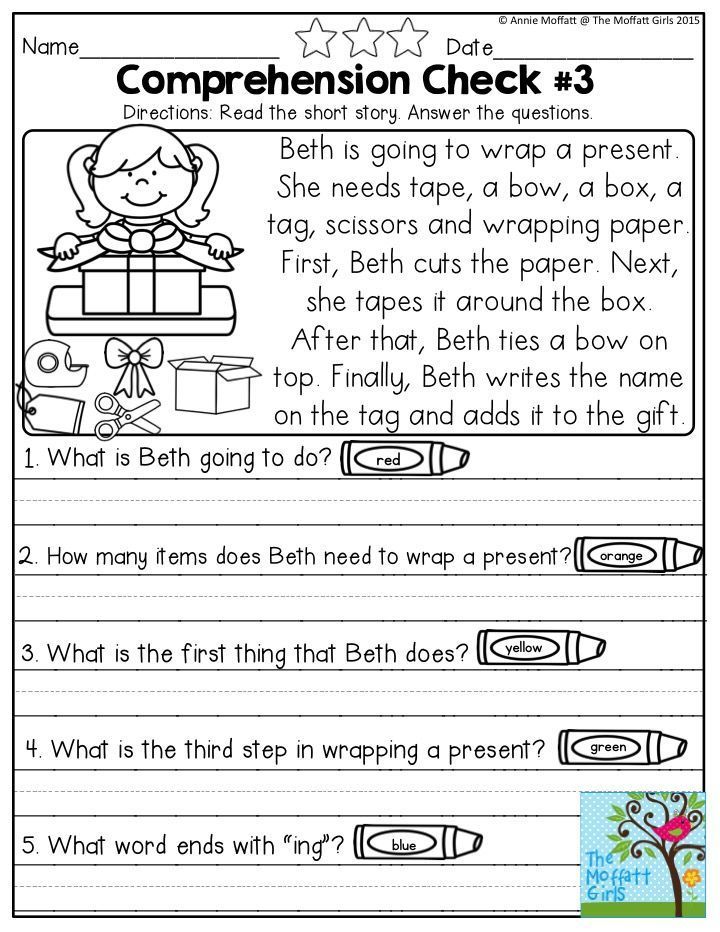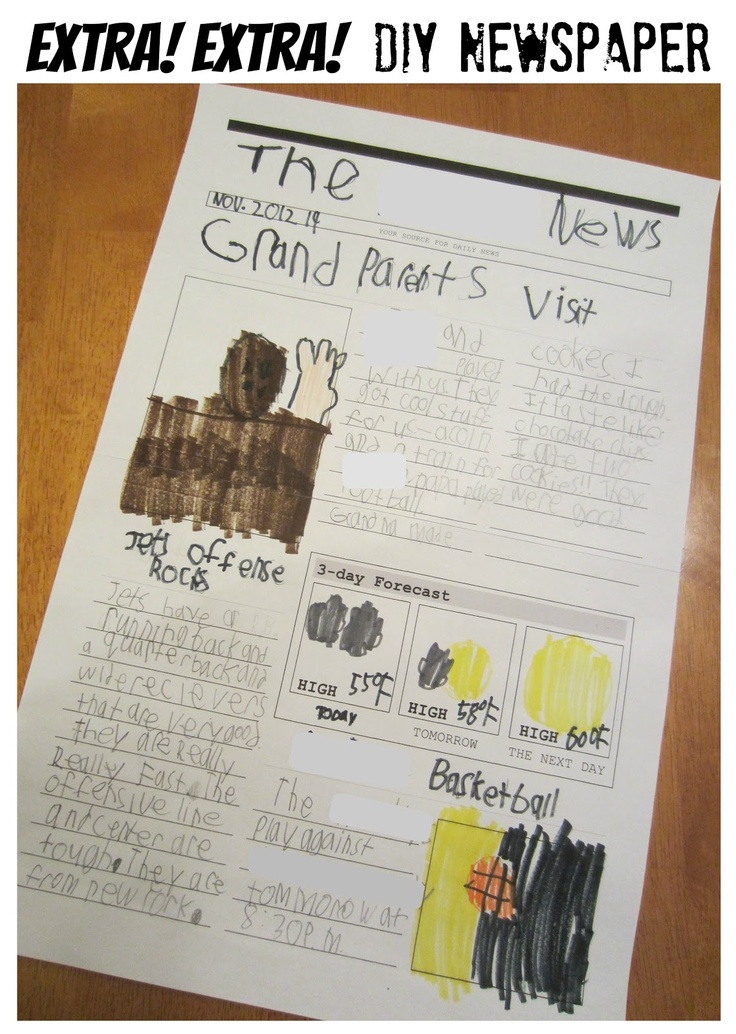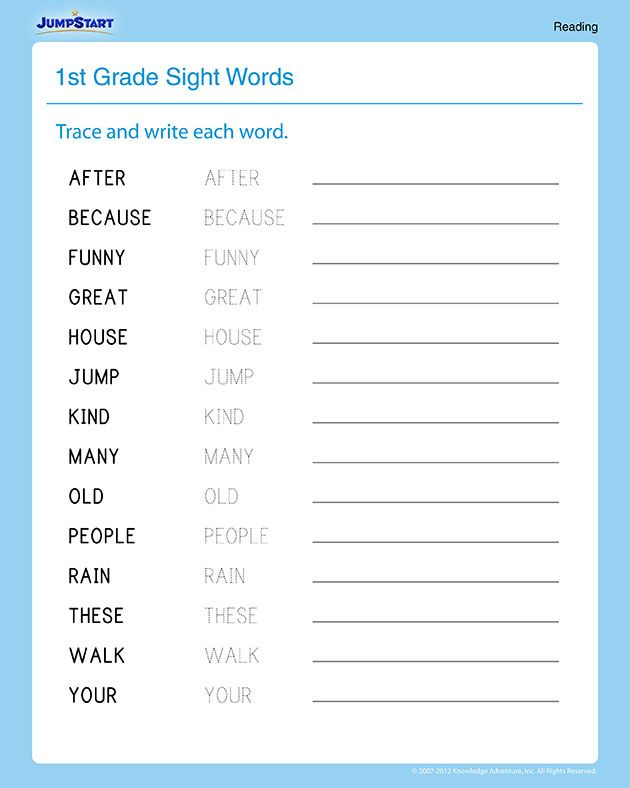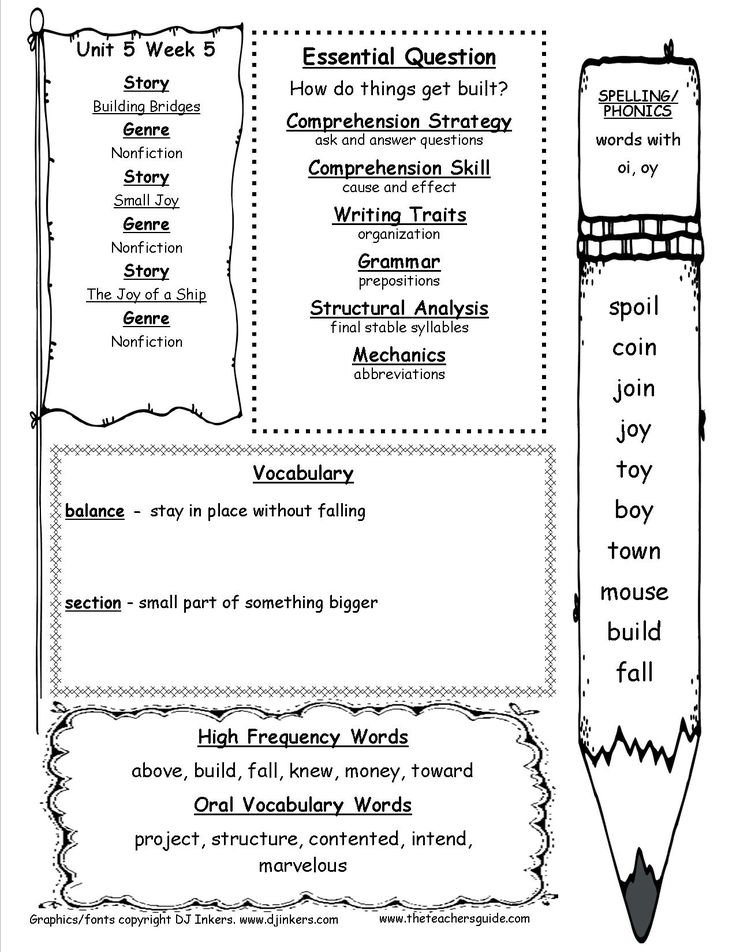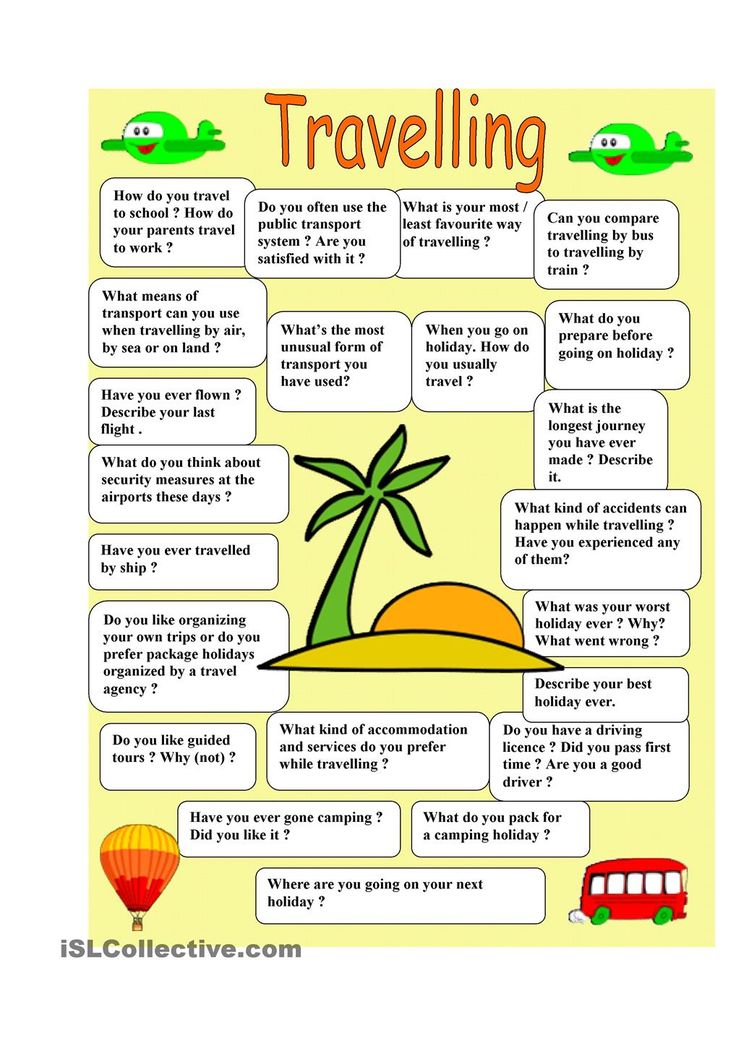English spellings games
Help
Problem: The website is blocked to my students
Do your students get a message similar to "website can't be reached"?
Solution: Contact your school's technology department, or someone at your school who's in charge of the internet, and tell them you wish to use this website with your class. They can simply unblock it by adding it to their list of approved websites within a couple of minutes.
How can I save my lists?
After you type your list, click the "Save list / Open saved list" button. Then, type a title for your list, and click the "Save" button.
You can save this way up to 24 lists. They will be stored locally in your browser's cache. Note that if you delete your browser's "history" then your saved lists might get deleted.
Problem: I can't save lists / Saved lists are erased
Your lists might not be saved due to the following reasons:
1. Too strict privacy settings in your browser. (try reducing it, or try another browser).
2. Too strict anti-virus or firewall settings. (try reducing it).
3. In schools, web administrators often disable some features of the computers such as the ability to save changes that you've made.
If you can't get your lists saved, you can always save your lists in a document, as described in the following section:
Saving lists permanently
You can save lists permanently in a text document.
Copy the sharing code (see the section below about sharing lists), and paste it inside a text document (such as MS Word or Google Docs). Type your title above it. You can paste this way as many lists as you wish. Save the document.
In most document types, when you click the sharing code it will automatically open the website with your list inside it.
How Can I share my list with my students?
After you type your list, click the "Share this list" button. An address that contains your list will appear. Copy it, and paste it in your class's website, or in your Google Classroom.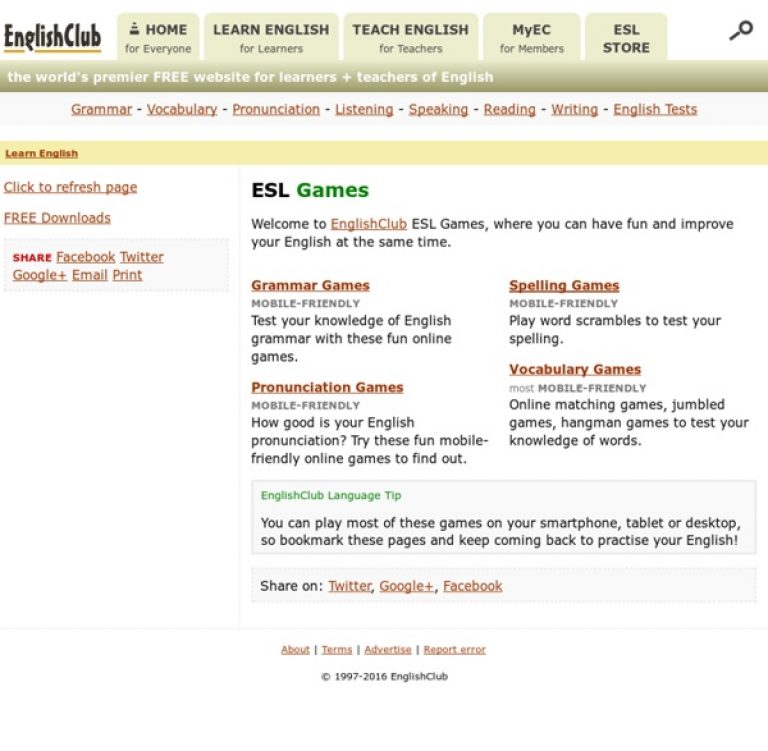
Problem: A game stopped working (can't hear sound, or the screen is black, or doesn't load)
Note that old computers (older than 4 years) might have trouble running some of the games.
Solutions:
1. Try reloading the page (use the "reload" button on the browser, or the F5 key on the keyboard).
Does it work now? If it doesn't, then try the following:
2. Close the browser, including all its open tabs (better save your word list before closing). If you can, close other computer programs that are open too.
Now wait a few seconds (to let the computer's memory get flushed).
Now open the browser again, get back into spellingtraining.com, go to the problematic page and reload it again.
If it still doesn't work, then:
3. Try the website with another browser (Google Chrome, Firefox, Microsoft Edge, Internet Explorer, etc.). If it doesn't work with one - it might work with the other.
If it still doesn't work - please tell me about it! Send me an email to: [email protected]
But also in the meantime, the following solution will probably work -
4. Try using the website from another computer.
Problem: Some games are suddenly missing (Rollercoaster, Dragon)
Solution: If you browse from a computer and this happens, try the following:
1. Maximize the browser's window size. The games might now reappear.
2. Try zooming out by clicking "Ctrl" with "-" (pressing Ctrl with the minus key). If you zoom out the missing games will appear.
Note that those 3d games (rollercoaster, dragon island, jungle speller etc.) won't appear on tablets and smartphones.
I didn't find an answer to my problem
If there is anything else that you need assistance with, don't hesitate to contact me and I'll do my best to help you. My email is [email protected]
Spelling and Grammar, English Games for 7-11 Years
- 3-5 Years
- 5-7 Years
- 7-11 Years
Play these fun English Games for 7-11 year olds
Choose a Category:
Spelling and Grammar Writing Alphabetical Ordering Stories Reading-
Points of View Newspaper Report
Witnesses to accidents can see different things.
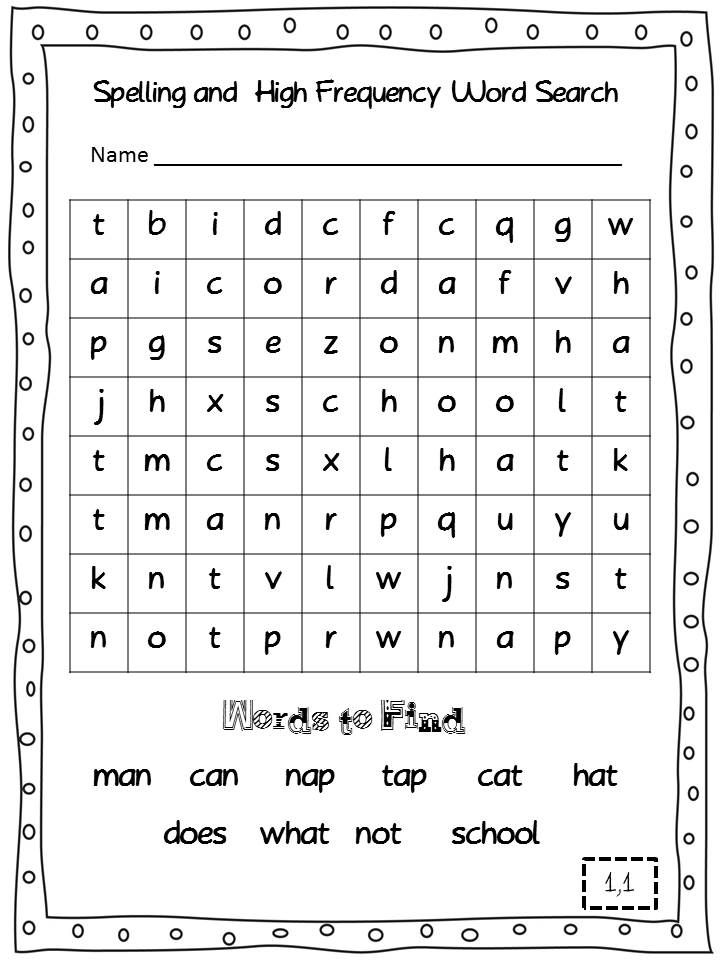 Read and listen to two witness reports of a skateboarding accident, and learn about how journalists structure newspaper reports and use verbs, adverbial phrases and pronouns to create an effect.
Read and listen to two witness reports of a skateboarding accident, and learn about how journalists structure newspaper reports and use verbs, adverbial phrases and pronouns to create an effect. -
Creepy Verbs and Adverbs in Super Stories
Transform a boring horror story into a bestseller by selecting effective verbs and adverbs to increase its impact and make it more exciting. Select illustrations that highlight the horror as the story of the Sea Cave unfolds.
-
Finish the Story: Bushfire
Edit the comic book adventure called Bushfire to make the story more interesting. Choose a conclusion for the story and then improve the grammar by looking changing nouns to pronouns, by adding adverbs and choosing saying verbs.
-
Spellingframe
A free spelling game where every word from the KS2 spelling curriculum is included.
 Each word is read aloud, included in a sentence and broken into syllables. Ideal for homework or use in class.
Each word is read aloud, included in a sentence and broken into syllables. Ideal for homework or use in class. -
Spooky Spellings
This spelling game uses the words listed in the UK National Curriculum as being 'Common Exception Words' or tricky words.
-
Super Stories - Nouns and Adjectives
A game that can help you to improve your use of nouns and adjectives. You get to be an editor who improves a fairly dull story into a bestselling horror story. Select great nouns, adjectives and illustrations to improve the story's impact.
-
Look, Cover, Write, Check
A Look, Cover, Write, Check spelling site where you can test yourself on high frequency words, spelling patterns, tricky words or enter your own words easily to test your knowledge.

-
Coconut Vowels
A fun spelling game where you need to think quickly or it's game over. Fill in the gaps in the words to make a real words. There are different levels of difficulty. For teachers' information the game focuses on vowel digraphs.
-
Naming Nouns
Learn all about all types of nouns and how to use them. Then test your knowledge on the quiz and game.
-
Adjective Detective
A super site which explains what adjectives are. Test your knowledge of adjectives on the quiz and game.
-
Word Frog
Match antonyms, synonyms and homonyms in this language arts game.
-
Noun Explorer
A game where you need to click on the fish with the noun to feed a worm to the fish.
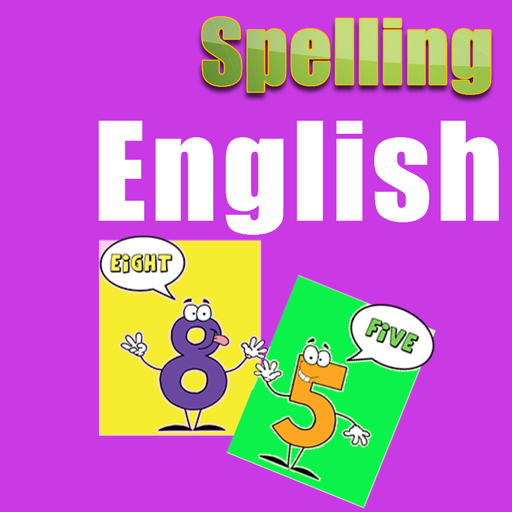
-
Verbs in Space
See if you can spot the verbs. In this game you need to click on the robot holding the verb to whack it!
-
Adjective Adventure
Click on the label which has an adjective to feed the spider with a fly. The sound can be annoying.
-
Nouns, Verbs and Adjectives
A game where you need to find the nouns, verbs or adjectives to launch a rocket.
-
Magic Verbs
Choose a better verb to make the sentences more interesting. The characters are animated to match the verbs. The game is lends itself well to starter or plenary sessions displayed on an interactive whiteboard.
-
Amazing Words
Amazing Words is all about prepositions.
 It explains what prepositions are and includes activities where you can identify the prepositions in sentences.
It explains what prepositions are and includes activities where you can identify the prepositions in sentences.
- “Best”
- “Letters scattered”
- “Camera”
- “Words with a specific letter”
- “Word formation”
- “Add consonants”
- “Anagrams”
- "Who is bigger?"
- Insert Letter
- Philwords
- Coder
- Alphabet
- Honeycomb
- Four Words 9003 Ladder
- In conclusion
In order to diversify the usual English classes and defuse the working environment in the classroom, teachers are recommended to play games: spelling, lexical, grammar. These games are based on the fact that students in a playful way can work out the material covered on the topic of the lesson. In this article, we will look at examples of games for mastering English spelling.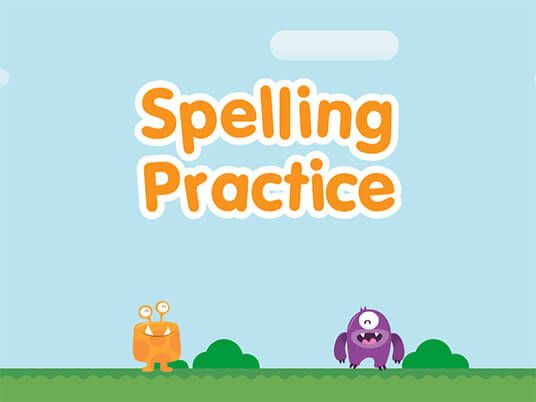 You yourself can change the lexical content and the rules of the games depending on the level of knowledge of students and the topic of the lesson.
You yourself can change the lexical content and the rules of the games depending on the level of knowledge of students and the topic of the lesson.
"Best"
The teacher divides the class into several teams with the same number of participants. If the study room is small, then it is best to divide the students into two groups, the participants of which are built in columns one at a time. The teacher acts as a leader. At the command "Start!" the host begins to dictate words on the topic covered. The task of the students is to run up to the blackboard with chalk in their hands and write the named word. And so on the relay. The team that completes the fastest and makes the fewest spelling mistakes wins.
“The letters fell apart”
The game can be played both in teams and in the form of individual competitions. For this spelling game, the teacher has to prepare flashcards with letters that will be assembled into words. Each team is given the same number of words.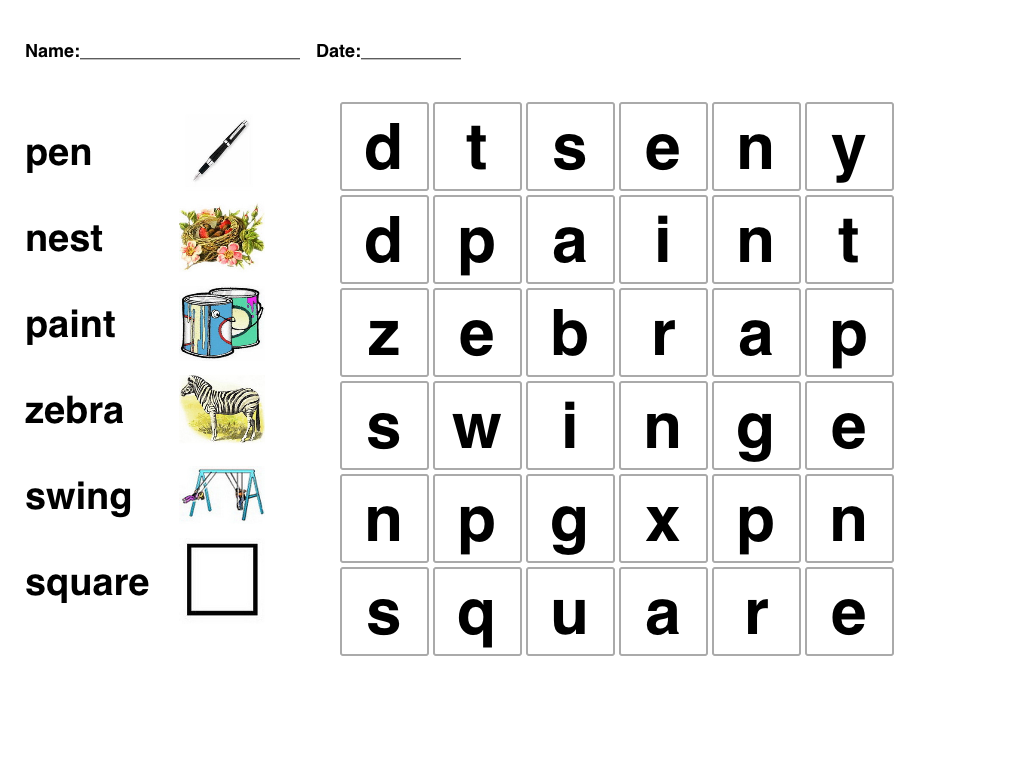 On the command "Start", the players collect words from letters and translate them. The team that can do it faster and correctly translate the words wins.
On the command "Start", the players collect words from letters and translate them. The team that can do it faster and correctly translate the words wins.
Example:
- ontaunim → Mountain → Mount
- Baorwni → Rainbow → Rainbow
- EWRTA → Water → Water
“Family”
for this game should carefully words and memorize their spelling. At the end of time, everyone closes textbooks and notebooks. The teacher calls one student to the board and calls the word that he must write. If someone notices a mistake in a word, then he goes to the blackboard and writes down the correct version of the word.
"Words with a certain letter"
The facilitator asks the players to look at a list of words, after which he calls any letter from the alphabet. The task of the students is to find as many words as possible with the named letter. The one who finds the most words wins.
Example:
letter W → Wake , Wait , Walk , Wall , WANT WAR , WARM , , , , , , , , , , , , , , , 0052 watch , water , wave and so on.
"Word formation"
The game can be played both in the form of individual competitions and in teams. The teacher writes a long word on the board and asks the students to make words from its letters in a certain amount of time. The player with the most words wins.
"Add consonants"
The game can be played both as a team competition and as an individual competition. The teacher writes vowels or a combination of them on the board. The task of the players is to add consonants and get the maximum number of possible words. The team that finds all the variations of the words and also translates them wins.
Example:
words containing "EA" - tea, area, beat, east, easy, head, real, clean, cream, earth, scream and so on.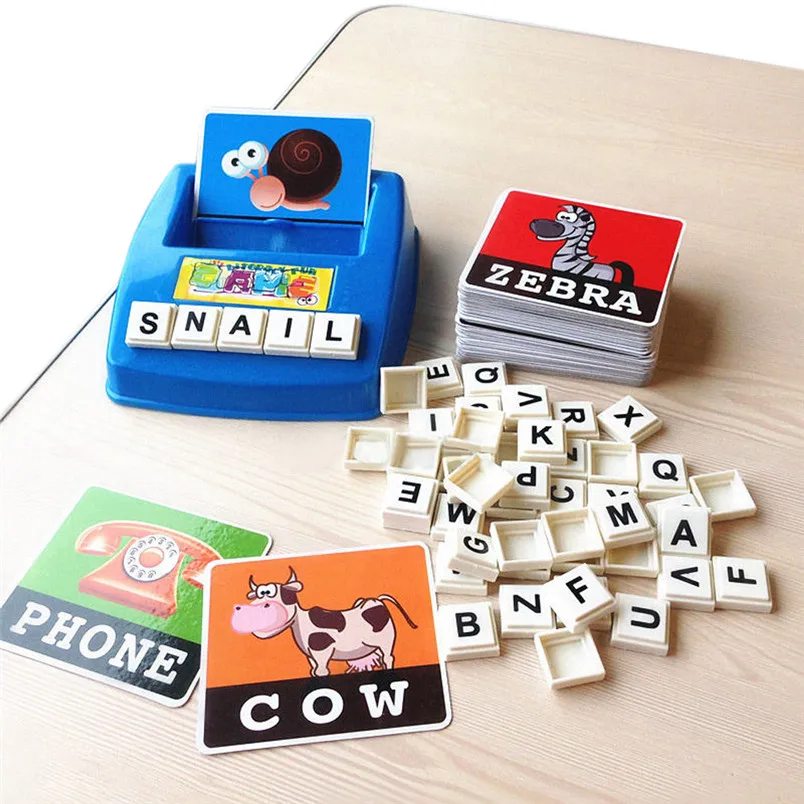
"Anagrams"
The facilitator distributes cards with words to the players. From them, students must make new words, changing only the order of the letters in them. The students write the resulting variations on the board along with their translation.
Example:
- thing - night (Night),
- Late (Late) - Tale (story),
- DOG (dog) - GOD (God),
- Miles (miles) - Limes ( limes),
- lamp (lamp) - palm (palm tree),
- listen (listen) - silent (quiet).
"Who is more?"
The game is played between two teams. At the command "Start!" Students write on the board as many words as possible from certain sections. For example: fruits, vegetables, furniture, sports games, months of the year and so on.
Example:
fruit → apple, avocado, apricot, banana, pineapple, pear, orange, plum, kiwi, lime, lemon, mango, melon, watermelon .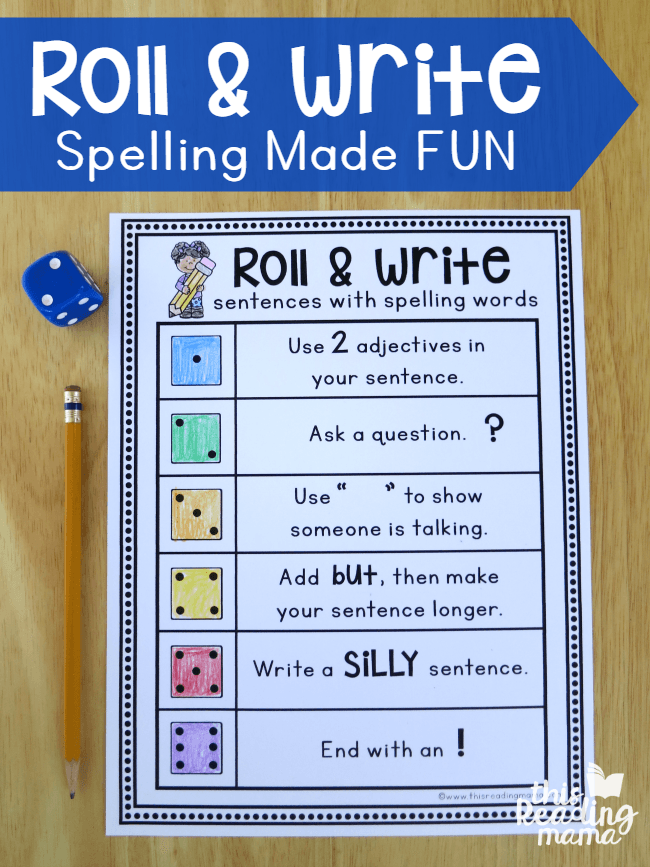
“Insert a letter”
The teacher writes down words with missing letters on the blackboard, and the students, in turn, must fill in these gaps with the missing letters. The task can be complicated by the fact that the presenter will offer whole sentences from words with missing letters. Students must fill in the gaps and translate the resulting sentence.
Example:
- d*ll - dall,
- k*te - kite,
- t*ddy - teddy,
- b*ll - ball9,
- bl*ck0 - black *in - train.
"Philwords"
The host gives the players printouts with tables, in the cells of which there are letters, from which it is required to find and circle words on a certain topic and translate them. The one who finds all the words the fastest wins.
Example:
find words on the topic "Desserts": chocolate - chocolate, icecream - ice cream, jam - jam, sweets - sweets, fruits - fruits, cake - cake.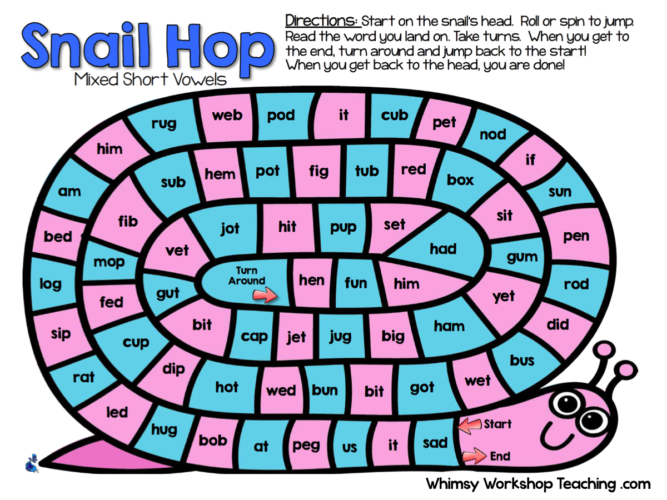
| H | C | I | C | E | C |
| O | S | R | U | I | R |
| O | W | F | C | T | E |
| O | E | S | A | S | A |
| L | E | T | K | E | m |
| A | T | E | G | A | M |
“CHIPHER”
The teacher distributes the spacing in the texts. Pictures are shown instead. Students need to replace the pictures with words and write them on the board. During this time, the rest of the class checks the spelling.
Alphabet
The class is divided into two teams of players and stands away from the board. The facilitator distributes to each team one set of letters of the alphabet.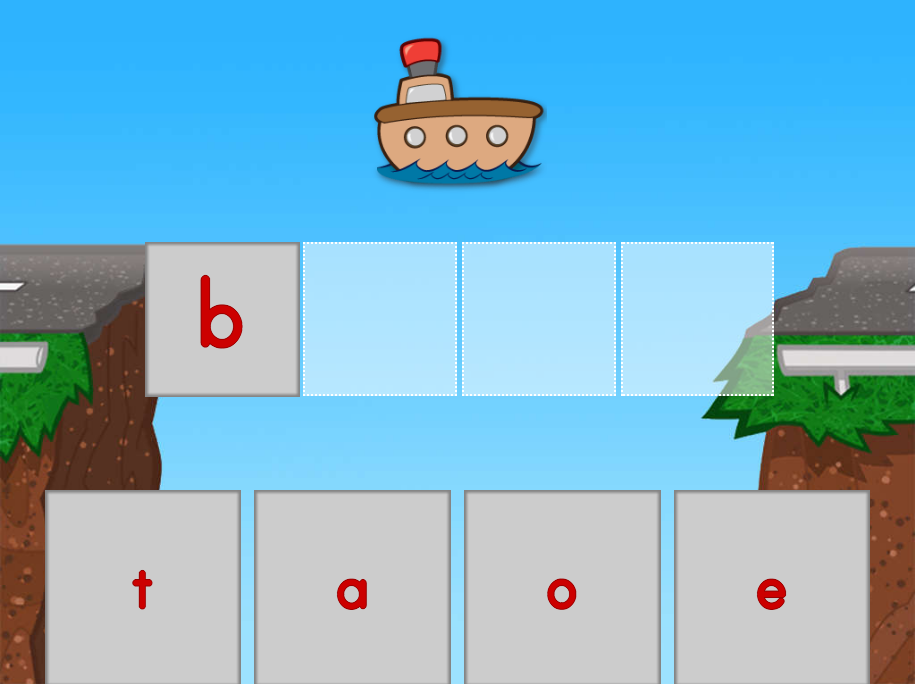 When the teacher pronounces any word, the students with the corresponding letters from it run to the blackboard and make up this word. The team that made it first gets the number of points according to the number of letters in the word.
When the teacher pronounces any word, the students with the corresponding letters from it run to the blackboard and make up this word. The team that made it first gets the number of points according to the number of letters in the word.
Honeycombs
Players are divided into two or three teams. Depending on the number of teams on the board, the same long word is written two or three times. The participants of each team one by one run up to the board and write down one word vertically, which begins with a letter from the given word. For each correctly spelled word, the team receives one point. An additional three points are awarded to the team that completed the task first.
Example:
Word LAKE
L → letter, lamp, life, lunch.
A → act, advance, afternoon, apple.
K → kingdom, key, kitchen, kid.
E → education, egg, electric, eye.
Ladder
Relay students must build a ladder of words on the board. To do this, each player must write down a word that begins with the last letter of the previous word. Points are awarded for each letter in a word, which motivates students to come up with longer words. The team with the most points wins.
And in order to learn new teaching methods and improve your skills, you can take online courses TEFL / TESOL , which at the time of publication of the article are available with a 50% discount. Details on the main page.
Comments for the site Cackl e
Games for learning English - Classification of games
Game ... From the first days it is an integral part of a child's life. Childhood is unthinkable without her. Playing with a child, you can not only teach him to read, write and count, but develop creative abilities, temper physically and morally. After all, for a child, play is not entertainment, but life itself.
Through the use of various games in foreign language lessons , the child learns a foreign language in a fun and entertaining way, develops memory, attention, intelligence, team spirit, supports interest in a foreign language .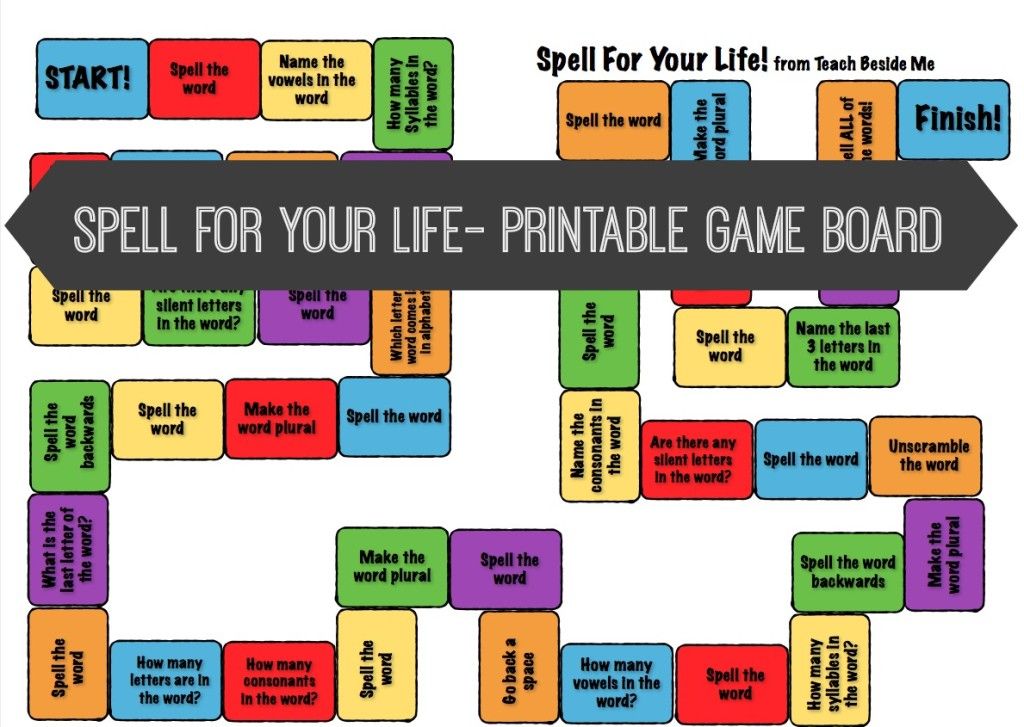
The use of games in English lessons helps relieve fatigue and stress, create a friendly atmosphere in the classroom, remove the psychological barrier, and increase motivation to learn the language. In the game, the abilities of the child, his character are most fully manifested. Of course, it is worth remembering that each age period is characterized by its own type of leading activity.
The methodological typology of games for learning English is as diverse as their purpose. In this article, I would like to talk about the most popular types of games. First of all, it should be noted that at present there is not a single unambiguous classification, and all existing ones are very conditional.
In the book " Educational games in English lessons " M. F. Stronin distinguishes two categories of such games:
• Grammar, lexical, phonetic and spelling games that contribute to the formation of language skills.
• Creative games that contribute to the further development of speech skills and abilities, allow you to show independence
Leaning towards the classification of M. F. Stronina, I would like to consider the following types of games in more detail:
F. Stronina, I would like to consider the following types of games in more detail:
1. Grammar games for learning English.
The main goals of grammar games: to teach children the use of speech patterns containing certain grammatical difficulties; practically apply knowledge of grammar, create a natural situation for the use of grammatical structures in natural situations of communication
• Act as you say .
Purpose: training in the use of Present Continuous .
Game progress: The task is to execute commands with comments. 3 students play: 1 - gives a command, 2 - performs and says what he is doing, 3 - describes the actions of the second.
1 - Play volleyball. 2 - I am playing volleyball. 3 - He/ She is playing volleyball.
1 - Wash your face. 2 - I am washing my face. 3 - He/ She is washing his/ her face.
1- Do exercises. 2 – I am doing exercises. 3 – He/ She is doing exercises.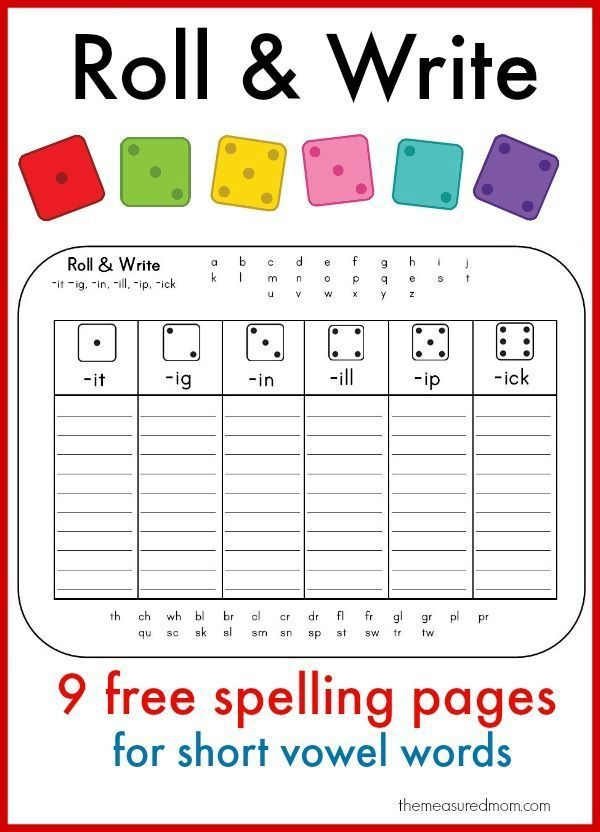
• Hide-and-Seek in the Picture.
Purpose: to practice the use of prepositions of place.
Game progress: Large room picture required. The driver (one of the students) "hides" somewhere in the picture, writes on paper where he hid and gives it to the teacher. Children, asking the driver general questions, “look for” him in the picture.
- Are you under the bed?
- Are you behind the door?
- Are you on the chair?
- Are you in the box?
2. Lexical games.
Lexical games are focused on helping children master lexical material. The purpose of these games is: to help in the acquisition and expansion of vocabulary, the use of vocabulary in situations close to the natural environment; acquaintance of the child with the compatibility of words, the development of the speech activity of the child.
• Memory game
Purpose: memorization of thematic vocabulary (animals, fruits, vegetables, food, clothes, professions, home, family, sports, etc. )
)
Game progress: The teacher lays out 10 cards with pictures in front of the students, everyone calls the words in chorus. The teacher asks to turn away or close your eyes and takes one card. Students must guess which card is missing by calling all 10 words in order. There are no cards left at the end, but the children call all the words in the correct order.
• Champion Game.
Purpose: strengthening vocabulary on the topic of the lesson (animals, fruits, vegetables, food, clothes, professions, home, family, sports, etc.), memory training.
Game progress: starting the game, the teacher says the first word. Each subsequent student must name all the previous words in the order in which they were included in the game, and say a new word. If someone forgot a word or mixed up the order, he is out of the game.
3. Phonetic games for learning English. .
At the initial stage of teaching a foreign language, a lot of attention is paid to the correct pronunciation of sounds.![]() The educational goal of phonetic games is for children to correctly pronounce and recognize the required sounds in words, working out intonation. At the initial stage of learning a foreign language, phonetic games are used regularly. In the future, phonetic games are held at the level of words, sentences, rhymes, tongue twisters, poems, songs.
The educational goal of phonetic games is for children to correctly pronounce and recognize the required sounds in words, working out intonation. At the initial stage of learning a foreign language, phonetic games are used regularly. In the future, phonetic games are held at the level of words, sentences, rhymes, tongue twisters, poems, songs.
• Search for sounds
Purpose: the formation of phonemic hearing skills.
Game progress: The teacher shows the children pictures and clearly pronounces the names of the objects depicted on them. The children must show the picture in which the given sound is hidden. (Or clap your hands. The sounds are practiced with the children before the game starts).
• Who is faster?
Purpose: formation and improvement of the skills of establishing sound-letter correspondences and the meanings of words by ear
Game progress: students are given cards on which the words in a foreign language are given in the first column, their transcription in the second, and the translation of words into Russian in the third. Words in a foreign language are numbered in order. As soon as the teacher pronounces a particular word, each student must put its number next to the corresponding transcription and translation into Russian (or connect all three correspondences with a continuous line). The winner is the one who quickly and better establishes the correspondence between the foreign word, transcription and translation.
Words in a foreign language are numbered in order. As soon as the teacher pronounces a particular word, each student must put its number next to the corresponding transcription and translation into Russian (or connect all three correspondences with a continuous line). The winner is the one who quickly and better establishes the correspondence between the foreign word, transcription and translation.
Monkey Talk. Sound [ð]
Purpose: setting the correct articulation of the speech organs of students when pronouncing individual English sounds .
Game progress: “It seems to me that you can all portray little monkeys very well - how they make faces, how they chat. Monkeys in an English zoo speak English. And when they pronounce the sound [ð], they try very hard - they try so hard that they show their tongues to visitors. An angry monkey shouts at everyone: “They, they, they”, and a learned monkey speaks like a poet: “Thee, Thee, Thee”:
Little monkey in the tree
This is what he says to me,
“They, they, they
Thee, thee, thee”.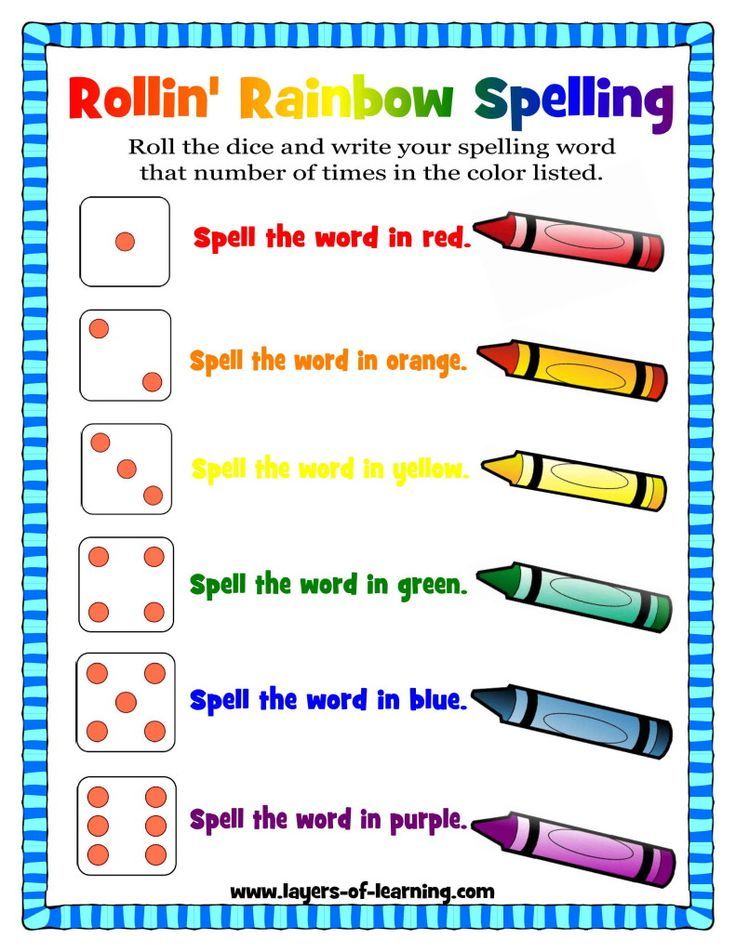
Monkey jumps from limb to limb
While I chatter back to him:
“Thee, thee, thee
They, they, they.”
Only the teacher can say the verse, and the students can say the words “Thee, thee, thee, They, they, they”, but in more prepared groups, all students can learn the verse.
4. Spelling games.
Spelling games contribute to the formation and development of speech skills. The main goal of these games is to master the spelling of foreign words. Some of the games are designed to develop the memory of children, others - to reproduce the spelling image of the word.
• Word composers
Purpose: development of spelling skills
Game progress: the teacher writes a long word on the board, for example representanive. From the letters of this word, children must make new words and write them down. For example: present, tea, test, nest, part, art. The one with the last word wins.
• The Comb.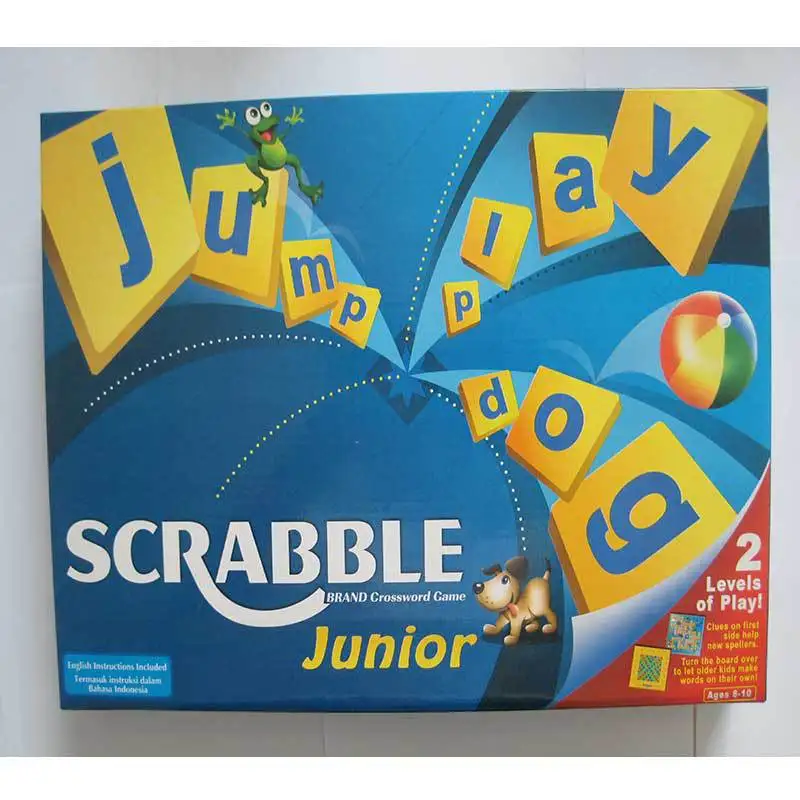
Purpose: consolidation of the studied vocabulary, development of spelling skills.
Game progress: the class is divided into 2 - 3 teams. Write a long word for each team on the board. Representatives of the teams take turns running up to the board and writing words that begin with the letters that make up the original word, vertically. Words of one command should not be repeated. The first team to spell the words correctly wins. Words can be of different parts of speech, as long as they are longer than the words of rivals.
5. Creative games for learning English.
Contribute to the further development of speech skills and abilities. Bright, colorful materials that arouse interest in a child are of no small importance when learning a foreign language. In these games, the imagination is trained, the child learns to see the unusual in the most ordinary things. This is creativity, and thanks to it, free speech.
Use games in teaching a foreign language, because this is not just an entertaining technique or a way of organizing cognitive material, but also the comprehensive development of the child, helping to form his character.

